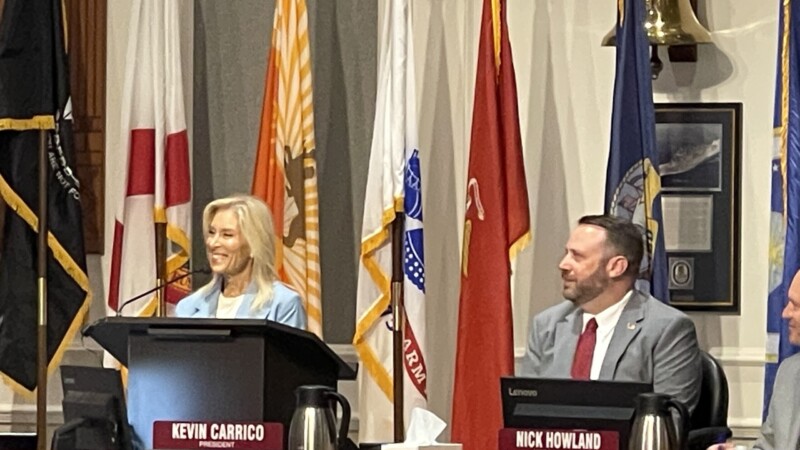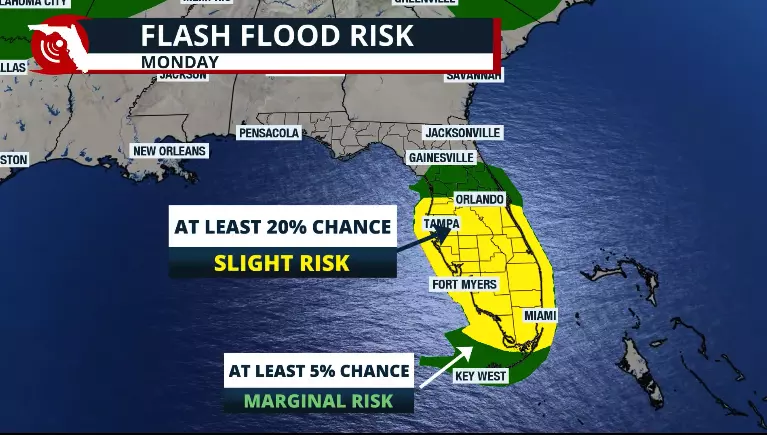Q: Jacksonville Today reader Mark L. asks about a proposed study of septic tanks in the city.
Current City Council legislation requests $200,000 from the Environmental Protection Fund to study where septic tanks are vulnerable and should be phased out.
Sounds like old news, Mark says — “something that was promised over two decades ago.”
“The studies have been done. Remediation has been done in areas of Duval. It has been done in other counties/cities,” Mark says. “We don’t need to spend the money on yet another study to tell us what we already know. The city needs to pick up a shovel and start digging.”
Mark says the city has promised action “for a long, long time, and we need to understand why there still doesn’t seem to be a starting point.”
“$200k for a ‘study’ on septic tank remediation? This is something that was promised over two decades ago.”
A: The legislation would allow a study by the University of Florida Center for Coastal Solutions, which works with public and private entities to reduce environmental hazards.
The center would receive a non-competitive contract to study the vulnerability of all single-family residential septic systems in Jacksonville, the Beaches and Baldwin and prioritize their conversion to sewer.
City spokeswoman Melissa Ross says earlier studies looked at only portions of the county. This one would extend countywide in an attempt to identify vulnerable systems before they fail. The goal is to prevent sewage from backing up onto properties or entering nearby surface or groundwaters and also to help meet state water quality standards, Ross says.
The legislation “concerns an anticipated vulnerability assessment and is not remediation,” she says. It would have no effect on septic system phase-outs that have already been identified and prioritized, Ross says.
Among the earlier efforts:
The Duval County Health Department and others compiled a list of neighborhoods that had failing septic systems. A total of $75 million was set aside in 2000 to phase out septic systems in six areas at the top of the nuisance list: Pernecia, Murray Hill, Lake Forest, Scott Mill Hill, Glynlea and Oakwood Villas. That was done by 2010.
Another septic tank phase-out started about eight years ago, focused on the Biltmore, Beverly Hills East and West, Christobel and Riverview communities to reduce harmful nutrients that could get into the St. Johns River. The city is paying for all connection to water and sewer systems. But delays mean that some of those communities have not had their connections made.
In an email to Jacksonville Today, Ross says the vulnerability of septic systems was not included in Resilient Jacksonville, a study last year that assessed threats the city faces from climate change and social and economic changes.
Like Resilient Jacksonville, the assessment of septic systems would help the city avoid environmental threats, Ross says.
The Center for Coastal Solutions would “work to identify the location of septic systems, define the parameters, ranks and weights to be used in the vulnerability assessment methodology, and then perform the work necessary to gather and prepare the data to be used in the vulnerability assessment, and calculate the potential vulnerability of each septic system,” Ross says.
The bill’s summary puts it another way: The study would “empower Jacksonville, Baldwin, Atlantic Beach, Neptune Beach and Jacksonville Beach to identify in a data-driven and geographically standardized way the level of risk septic systems may be facing in their jurisdictions.”
The legisation was introduced to City Council on April 23. Multiple committees have taken no action on it so far.







